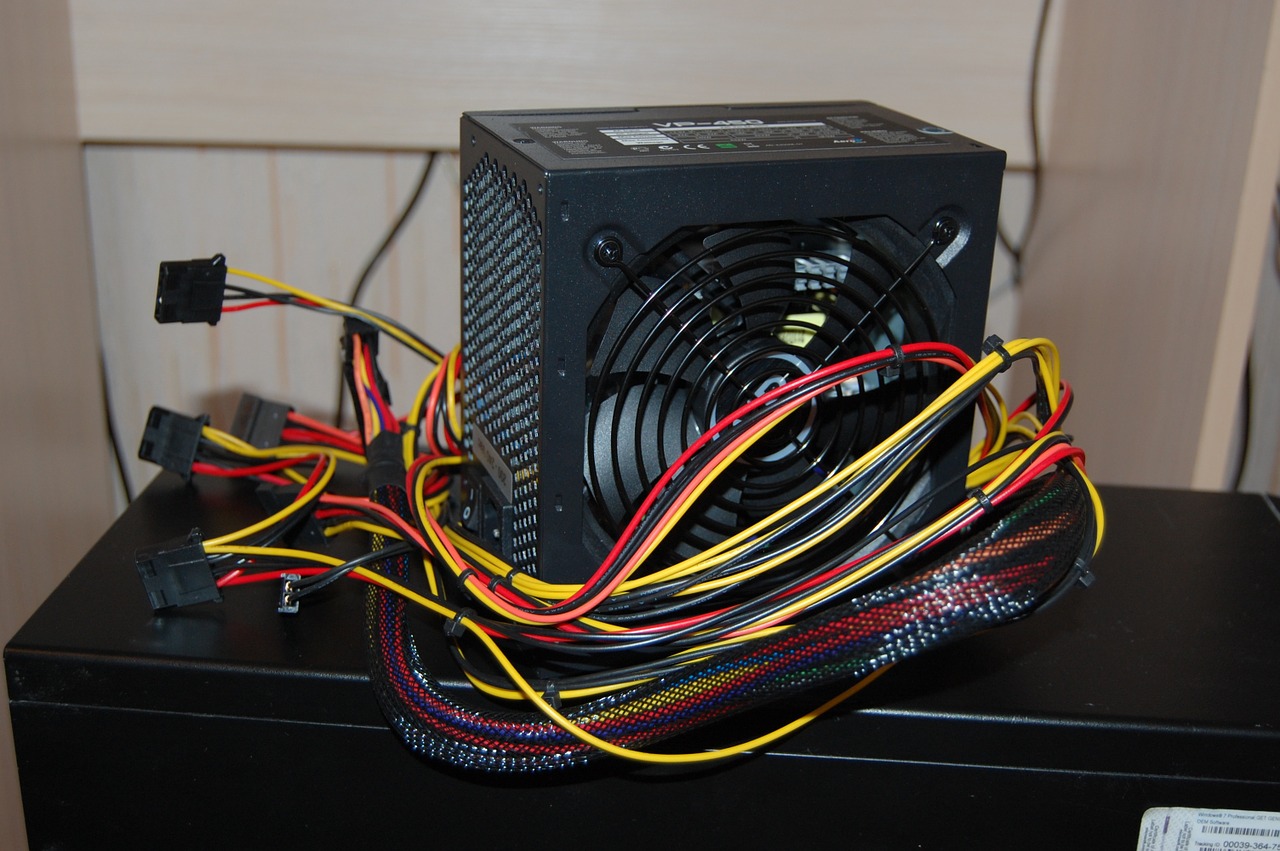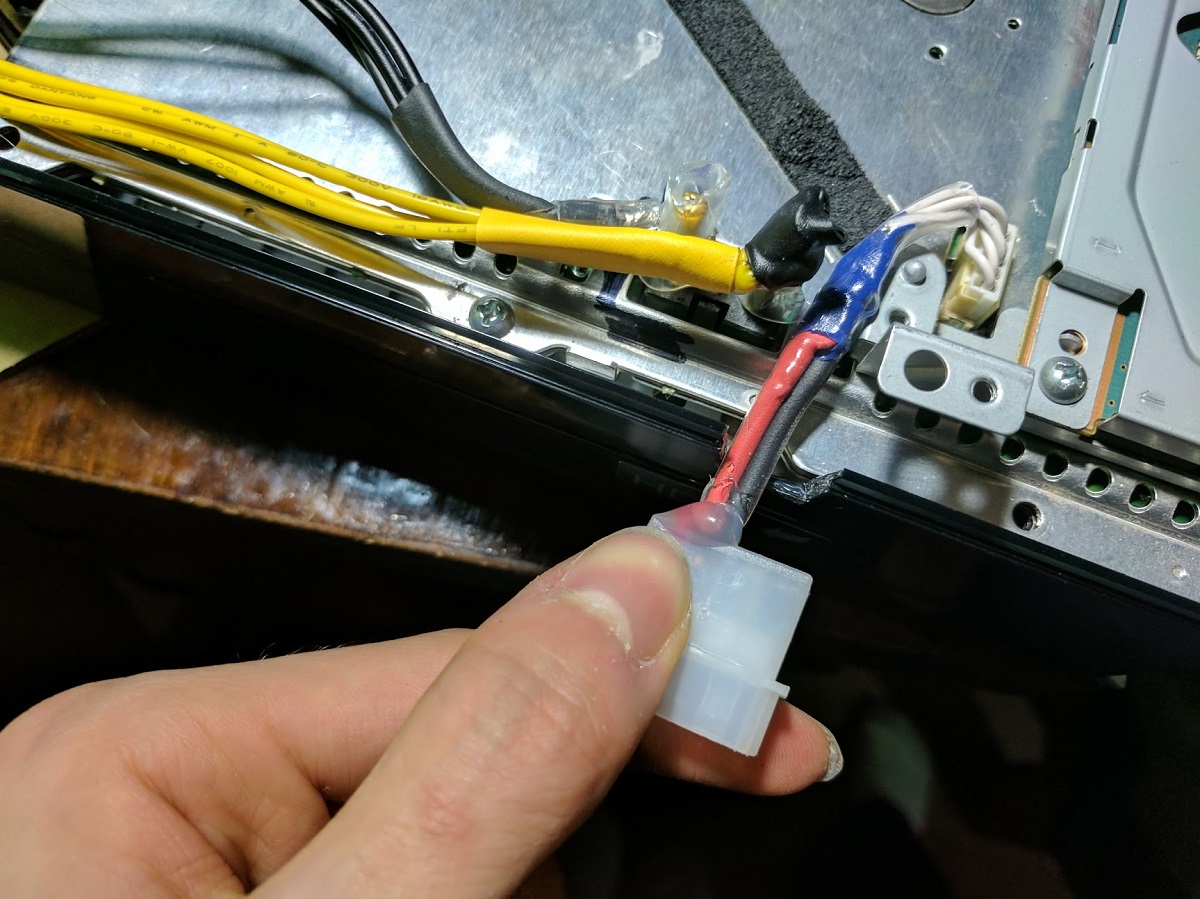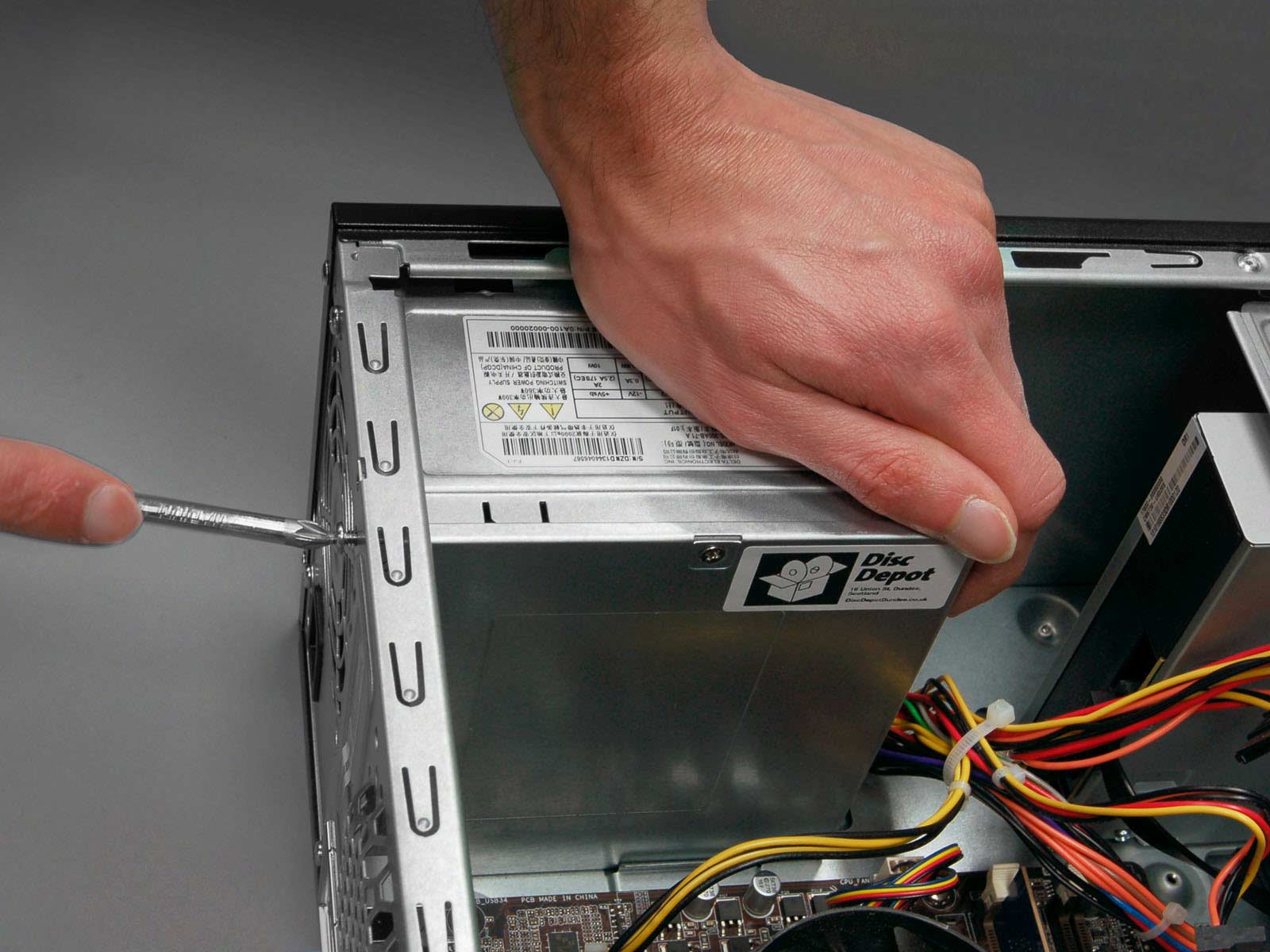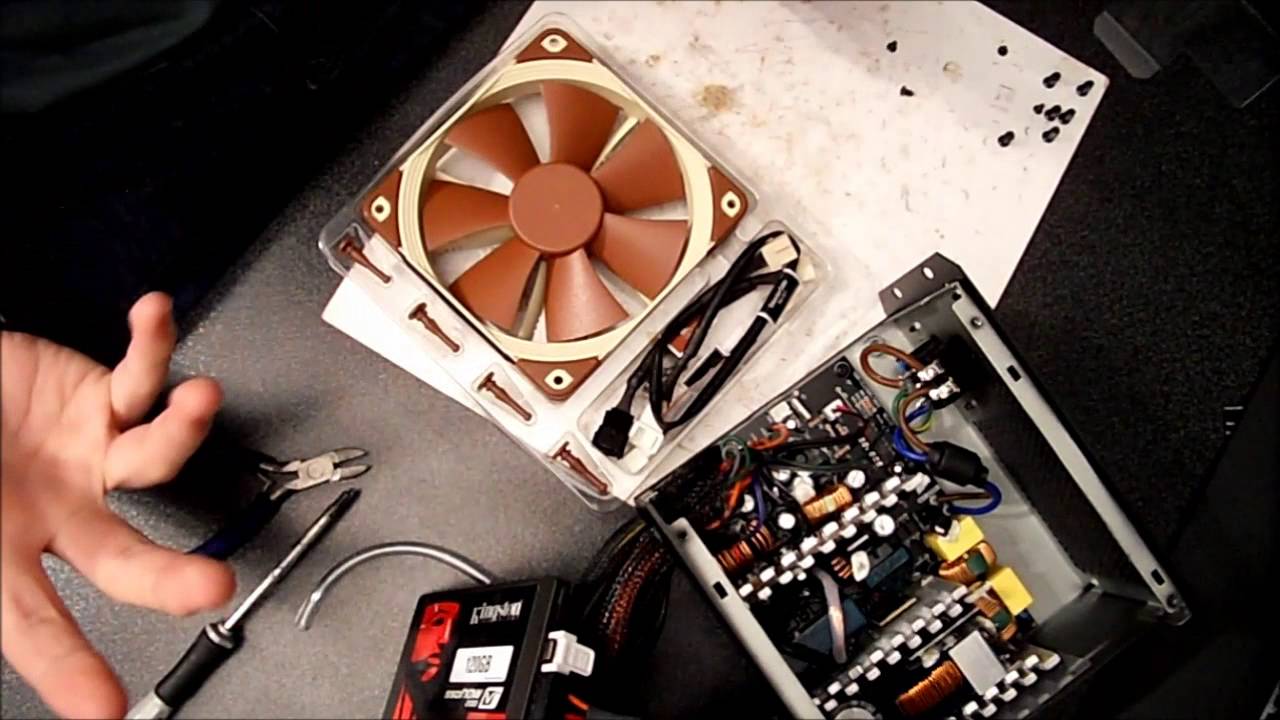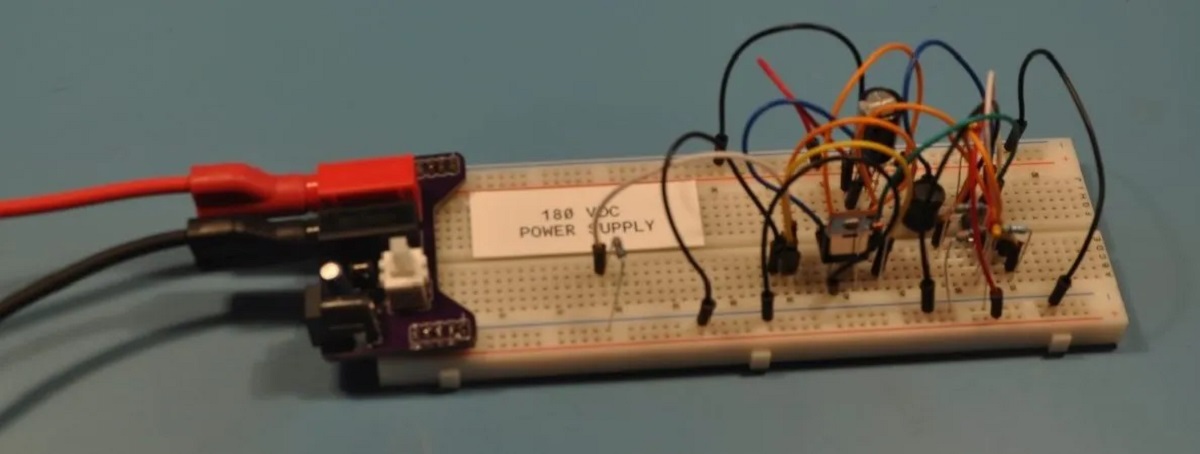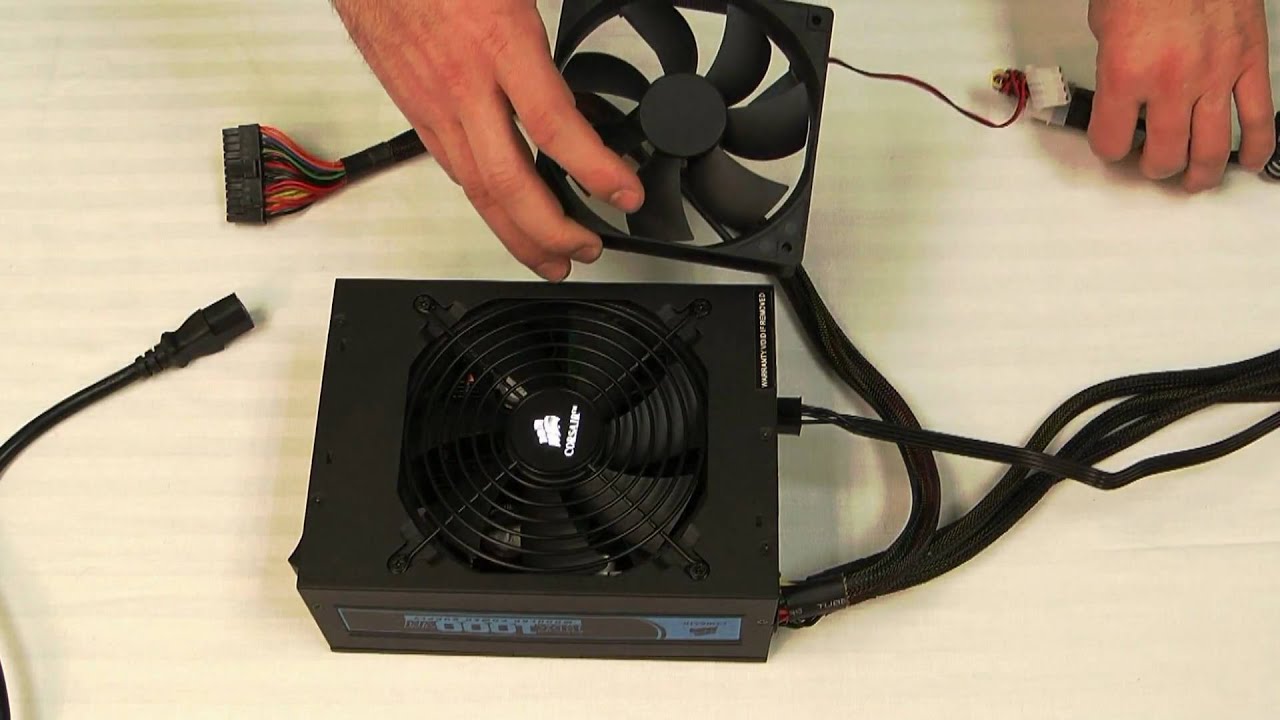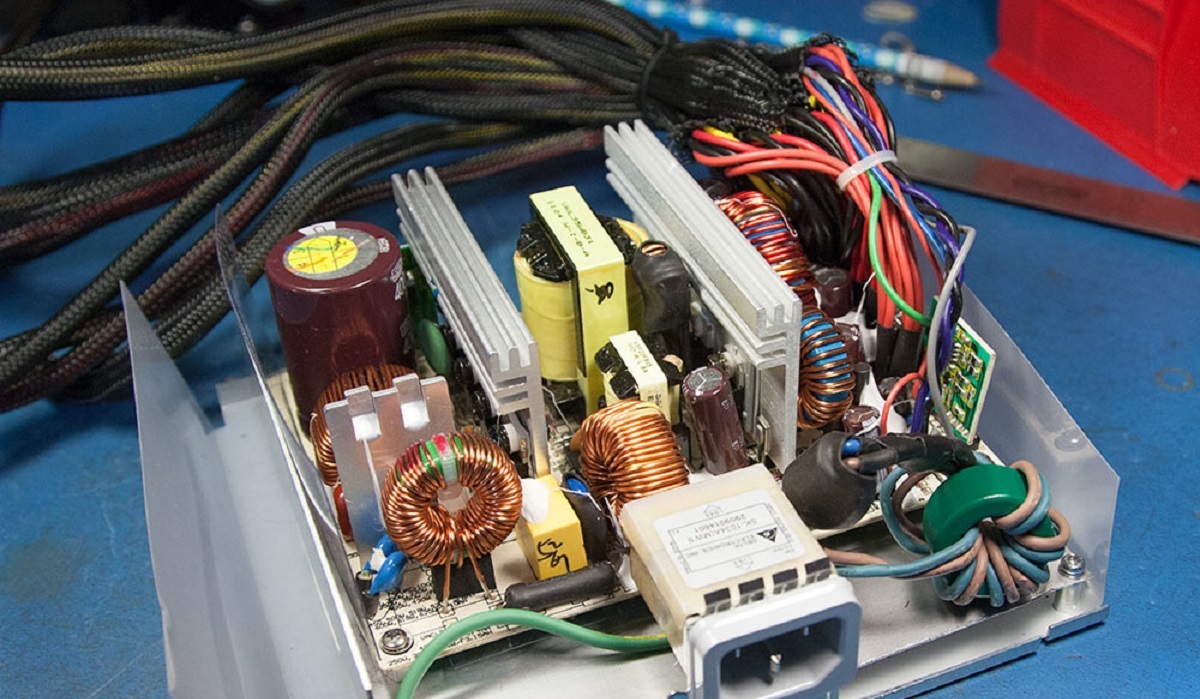Introduction
When it comes to electronic waste, it is important to handle disposal responsibly, especially for items like Power Supply Units (PSUs). These essential components of our electronic devices can contain hazardous materials that can harm the environment if not disposed of properly. In this article, we will explore the various options available for disposing of PSUs safely and responsibly.
As technology continues to advance at a rapid pace, many of us find ourselves upgrading our electronic devices frequently. This often leaves us with old or unused PSUs that need to be disposed of. But simply tossing them in the trash can have severe consequences. Improper disposal can lead to harmful substances like lead, mercury, and cadmium ending up in landfills, posing a risk to both human health and the environment.
Fortunately, there are authorized recycling centers specifically designed to handle electronic waste, including PSUs. These centers have the necessary equipment and expertise to safely dismantle the PSUs, separate the various components, and recycle or dispose of them in an environmentally friendly manner.
Another option is to donate your working PSUs to organizations in need. Many non-profit organizations and community centers accept donations of electronics and can use them to support their activities or distribute them to those who cannot afford to buy new devices.
If you prefer to handle the disposal yourself, it is important to be aware of the necessary safety precautions. PSUs are highly technical components and may contain capacitors that can potentially hold a charge even after the device has been unplugged. It is crucial to take the necessary precautions to avoid electric shocks or other accidents during the disposal process.
In the following sections, we will delve into the various options mentioned above in more detail. Whether you choose to recycle, donate, reuse, or repurpose your PSU, the key is to ensure that it is handled responsibly, promoting sustainability and minimizing environmental impact.
Why is it important to dispose of PSU properly?
Proper disposal of Power Supply Units (PSUs) is crucial for several reasons. Let’s explore why it is important to handle PSU disposal responsibly:
- Environmental conservation: PSUs, like many electronic devices, contain hazardous materials such as lead, mercury, and cadmium. When not disposed of properly, these substances can leach into soil and water, contaminating ecosystems and posing risks to plants, animals, and humans. By ensuring responsible disposal, we can help protect the environment and preserve natural resources.
- Health and safety: Hazardous materials present in PSUs can have adverse effects on human health if released into the environment. When exposed to these substances, individuals may experience respiratory issues, neurological disorders, or other health complications. Proper disposal ensures that these harmful substances are kept out of reach, minimizing risks to both the general population and waste management workers.
- Sustainable resource management: Recycling PSUs allows valuable resources to be recovered and reused. Many components inside a PSU, such as copper, aluminum, and plastic, can be extracted and used in the production of new electronic devices. By recycling PSUs, we reduce the need for virgin materials, conserve energy, and decrease the environmental impact associated with mining and manufacturing processes.
- E-waste management: Electronic waste, including PSUs, is a growing concern globally. Improper disposal of e-waste leads to landfill overcrowding and increases the risk of toxic substances seeping into the surrounding environment. By disposing of PSUs properly and supporting e-waste recycling initiatives, we contribute to effective waste management practices and promote a circular economy.
It is essential to recognize the importance of responsible PSU disposal. Taking the extra step to recycle or donate your old PSUs not only benefits the environment and human health but also contributes to the preservation of valuable resources. By choosing to dispose of PSUs properly, we contribute to a more sustainable and eco-friendly future.
Authorized recycling centers for PSU disposal
If you want to ensure that your Power Supply Units (PSUs) are disposed of properly, one of the best options is to take them to authorized recycling centers. These centers specialize in handling electronic waste and have the necessary expertise and equipment to safely recycle or dispose of PSUs. Here are some key points to consider:
- Local recycling centers: Many cities have local recycling centers or electronic waste collection sites that accept PSUs and other electronic devices. These centers often have drop-off points where you can conveniently bring your old PSUs for recycling. You can contact your municipality or search online to find the nearest recycling center in your area.
- E-waste recycling programs: Some regions have established e-waste recycling programs that offer collection events or pick-up services for electronic waste. These programs often partner with specialized recycling centers that adhere to strict environmental regulations. They are equipped to handle the safe disassembly, separation, and recycling of PSUs and other electronics.
- Manufacturer take-back programs: Certain manufacturers of electronic devices offer take-back programs for their products, including PSUs. These programs allow consumers to return their old PSUs directly to the manufacturer for proper recycling or disposal. Check the manufacturer’s website or contact their customer support to inquire about their take-back program and any specific instructions.
- Retailer recycling initiatives: Some electronics retailers have their own recycling programs or partnered with recycling centers. They may accept PSUs for recycling, either through drop-off points in their stores or as part of a larger electronic waste recycling program. Contact your local electronics retailers to see if they offer PSU recycling services.
- Specialized e-waste recycling companies: There are also specialized e-waste recycling companies that focus on responsibly recycling electronic devices, including PSUs. These companies often have specialized facilities and processes to efficiently and safely handle electronic waste. Look for reputable e-waste recycling companies in your area and ensure that they are certified and licensed for electronic waste management.
Remember to contact the recycling centers in advance to understand their specific requirements and any preparation needed for PSU disposal. Some centers may ask you to remove personal data or detach specific components for separate recycling. By choosing authorized recycling centers, you can have peace of mind knowing that your PSUs will be handled with care and disposed of properly, minimizing environmental impact and promoting sustainable resource management.
How to find local e-waste recycling centers
When it comes to disposing of electronic waste, including Power Supply Units (PSUs), finding local e-waste recycling centers is essential. These centers specialize in handling electronic waste and ensure that it is recycled or disposed of properly. Here are some methods to help you find local e-waste recycling centers:
- Online search: The most convenient way to find local e-waste recycling centers is through an online search. Simply use search engines and enter keywords such as “e-waste recycling center near me” or “electronic waste collection [your city/area].” The search results should provide you with a list of nearby recycling centers with their contact information.
- Municipal websites: Check your municipality’s website for information on e-waste recycling programs or facilities. Many cities provide resources and directories of authorized recycling centers that accept electronic waste. The information provided on these websites is often reliable and up-to-date.
- Online directories: There are various online directories dedicated to listing e-waste recycling centers. These directories allow you to search for recycling centers based on your location. Some popular directories include Earth911, e-Stewards, and My Green Electronics. These platforms provide comprehensive databases of authorized recycling centers and their services.
- Call local authorities: Contact your local government or environmental department for information on e-waste recycling programs and centers. They can provide you with accurate information about authorized recycling centers in your area. Additionally, they may offer collection events or drop-off points for electronic waste.
- Ask local electronics retailers: Electronics retailers often have knowledge of e-waste recycling centers as they may have partnerships or recycling programs in place. Reach out to local electronics retailers and inquire if they accept PSUs for recycling or if they can recommend any nearby e-waste recycling centers.
- Community organizations and events: Local community organizations or environmental groups occasionally organize e-waste recycling events or partner with recycling centers. Stay informed about community events related to electronic waste disposal through local newsletters, social media groups, or community bulletin boards.
Regardless of the method you use, it is important to verify that the selected e-waste recycling centers are authorized and follow proper environmental regulations. Look for certifications such as R2 (Responsible Recycling) or e-Stewards, which ensure responsible and ethical recycling practices.
By finding local e-waste recycling centers, you can ensure that your PSUs and other electronic devices are disposed of properly, promoting environmental sustainability and minimizing the impact on our planet.
Donating your PSU to organizations in need
Instead of disposing of your old or unused Power Supply Units (PSUs), consider donating them to organizations in need. Many non-profit organizations, schools, and community centers accept donations of electronics and can make good use of them. Here’s why donating your PSU is a great option:
- Supporting those in need: By donating your PSU, you can provide support to individuals and organizations that may not have the financial resources to purchase new electronics. Your donation can help bridge the digital divide and enable access to technology for those who may otherwise not have it.
- Recirculating resources: Donating PSUs promotes the reuse of electronic devices, extending their lifespan and reducing the need for new manufacturing. By keeping functional PSUs in circulation, we can save valuable resources and minimize the environmental impact associated with the production of new electronics.
- Empowering educational institutions: Many schools, colleges, and educational programs benefit from donated electronics. Your PSU can contribute to improved learning opportunities by providing technology resources for students and educators.
- Supporting non-profit organizations: Non-profit organizations often rely on donated electronics to support their missions and activities. By donating your PSU, you can help these organizations continue their important work in various sectors, such as healthcare, community development, and environmental conservation.
- Local community engagement: Donating your PSU to local organizations fosters community engagement and a sense of connection. It allows you to contribute directly to organizations in your area, positively impacting your community and supporting local initiatives.
Before donating your PSU, ensure that it is in good working condition. Remove any personal data or sensitive information from the device and perform a factory reset if necessary. If possible, include any cables or accessories that may be needed for the PSU to function properly.
Reach out to non-profit organizations, schools, community centers, or even local libraries to inquire about their technology donation programs and their acceptance of PSUs. Many organizations have specific guidelines or restrictions, so be sure to communicate with them to understand their requirements and ensure that your donation aligns with their needs.
Remember that when donating your PSU, you are not only giving new life to the device but also supporting individuals and organizations in need. Your contribution can make a meaningful difference in someone’s life and promote the responsible use of electronics in the community.
Tips for preparing your PSU for disposal
Before disposing of your Power Supply Unit (PSU), it is important to take certain precautions and prepare it properly. These tips will help ensure a smooth and safe disposal process:
- Unplug the PSU: Before handling the PSU, make sure it is completely disconnected from any power source. Unplug the power cord from the PSU and any connected devices to avoid electrical accidents during the disposal process.
- Remove personal data: If your PSU is from a computer or any other device that stored personal data, it is essential to remove and securely erase any sensitive information. Backup any necessary data and perform a factory reset to ensure all personal data is wiped clean from the device.
- Detach non-recyclable components: Some components of the PSU, such as cables or plastic covers, may not be recyclable. Check local recycling guidelines to determine if these components should be removed and disposed of separately. Refer to the PSU manufacturer’s instructions or seek professional advice if you are unsure how to safely detach any non-recyclable parts.
- Package properly: Before taking your PSU to a recycling center or donation drop-off point, package it securely to prevent any damage during transportation. Use a sturdy box or packaging material and ensure that the PSU is well-padded and held securely in place to prevent any jostling or shifting.
- Label hazardous materials: If your PSU contains hazardous materials, such as lead or mercury, it is important to label it accordingly. This will alert handling personnel to the presence of potentially harmful substances and allow for proper handling and disposal.
- Follow disposal instructions: Different recycling centers may have specific requirements for PSU disposal. It is important to follow their instructions carefully. Some centers may require you to fill out paperwork or adhere to specific drop-off hours. Contact the recycling center in advance or visit their website to understand their guidelines and procedures.
- Consider proper documentation: If it is necessary, retain any receipts, certificates, or documentation provided by the recycling center or donation recipient. This may be useful for record-keeping purposes, tax deductions (in the case of donations), or to ensure proper documentation of responsible waste disposal.
Remember, safety is paramount when preparing your PSU for disposal. If you encounter any difficulties or uncertainties, consult professional recyclers, local authorities, or the PSU manufacturer for guidance. By following these tips, you can ensure the safe and responsible disposal of your PSU while minimizing environmental impact.
Alternatives to disposal: Reusing or repurposing your PSU
Before considering disposal, it is worth exploring alternative options for your Power Supply Unit (PSU). Reusing or repurposing your PSU can not only reduce electronic waste but also provide benefits such as cost savings and creative DIY projects. Consider the following alternatives:
- Keep it as a spare: If your PSU is still in good working condition but you have upgraded to a newer one, consider keeping it as a spare. Having a backup PSU can come in handy in case of emergencies, such as a sudden failure of your primary PSU. Make sure to store it in a cool, dry place to extend its lifespan.
- Reuse in another system: If you have multiple computers or devices, you can repurpose your PSU in another system. This can be particularly useful if the power requirements of the device match the capabilities of the PSU. However, ensure that the connectors and wattage are compatible with the target system before repurposing.
- Donate it to DIY enthusiasts: There are many DIY enthusiasts and hobbyists who love to experiment with electronics. Consider donating your PSU to someone who enjoys tinkering with computers or other electronic projects. Online communities or local tech clubs may be a good place to find individuals who would appreciate your donation.
- Create an external power supply: Transform your PSU into an external power supply for other devices or equipment. By attaching the necessary connectors and wiring, you can use it to power LED lights, fans, or other low-voltage devices. This can be a great way to repurpose your PSU and fulfill specific power requirements.
- Repurpose into a bench power supply: With some technical know-how, you can convert your PSU into a bench power supply. This allows you to use it for testing and troubleshooting electronic circuits, providing a stable power source for various experiments and DIY projects.
- Trade or sell: If your PSU is still in good working condition, consider trading or selling it. Online marketplaces or computer hardware forums often have sections dedicated to buying, selling, or exchanging computer components. This way, someone else can benefit from your PSU, and you can potentially recoup some of the cost of your new PSU.
Before repurposing or reusing your PSU, ensure that it meets the specific requirements of the intended use, such as output wattage, connectors, and voltage compatibility. It is also important to exercise caution and follow proper electrical safety protocols during any DIY projects involving PSUs.
By exploring these alternatives to disposal, you can extend the life of your PSU, reduce electronic waste, and contribute to a more sustainable approach towards electronic consumption.
Important safety precautions to remember when disposing of PSU
Disposing of a Power Supply Unit (PSU) requires careful attention to safety to avoid any accidents or potential harm. Here are some important safety precautions to keep in mind when disposing of your PSU:
- Disconnect from power: Before handling the PSU, ensure that it is fully disconnected from any power source. Unplug the power cord from the PSU and detach any connected devices. This helps minimize the risk of electric shock or accidents during the disposal process.
- Properly discharge capacitors: PSUs can contain capacitors that can store electrical charges, even when unplugged. To prevent electric shocks, it is important to discharge the capacitors properly before handling the PSU. Refer to the manufacturer’s instructions or seek professional advice on the recommended methods for discharging capacitors.
- Wear protective gear: When handling the PSU, it is advisable to wear protective gear such as gloves and safety glasses. This helps protect your hands from sharp edges or potential hazards, and your eyes from any particles or debris that may be released during the disposal process.
- Avoid dismantling unless necessary: While it may be tempting to dismantle the PSU for recycling purposes, it is generally not recommended unless you have the expertise to do so safely. Dismantling certain components without proper knowledge can lead to injury or damage. It is best to rely on authorized recycling centers that have the expertise and equipment to handle dismantling.
- Follow local regulations: Different regions have specific regulations and guidelines for the disposal of electronic waste, including PSUs. Ensure that you comply with these regulations and follow any specific instructions provided by your local recycling centers or waste management authorities.
- Transport safely: When transporting your PSU to a recycling center or drop-off location, secure it properly to prevent any damage or hazards. Pack the PSU in a sturdy box or container, ensuring that it is well-padded and will not shift or move during transport. This helps reduce the risk of accidents or injury during transit.
- Dispose of hazardous materials properly: Some components within the PSU may contain hazardous materials such as lead, mercury, or cadmium. It is crucial to dispose of these materials following local regulations and guidelines. Contact your local recycling center or environmental authority for guidance on the proper disposal methods for hazardous materials.
It is important to prioritize safety at all times when handling and disposing of a PSU. By following these safety precautions, you can ensure a safe disposal process for your PSU while minimizing the risks to yourself and the environment.
Conclusion
Proper disposal of Power Supply Units (PSUs) is vital to protect the environment, promote sustainability, and ensure the responsible management of electronic waste. Whether you choose to recycle, donate, reuse, or repurpose your PSU, taking the necessary steps to handle it responsibly is essential.
By disposing of PSUs at authorized recycling centers, you can ensure that hazardous materials are safely handled and that valuable resources are recovered and reused. There are many options available to find local e-waste recycling centers, including online searches, municipal websites, online directories, and contacting local authorities and electronics retailers.
Donating your PSU to organizations in need is another excellent alternative. By doing so, you can support those who may not have access to new electronics and contribute to community organizations, schools, or non-profit initiatives. Reusing or repurposing your PSU can also be a great way to extend its lifespan, reduce electronic waste, and explore creative DIY projects.
It is essential to follow specific precautions when preparing your PSU for disposal, such as unplugging it, removing personal data, and packaging it securely. Additionally, it is crucial to prioritize safety by wearing protective gear, properly discharging capacitors if necessary, and following local regulations.
By considering these alternatives and safety precautions, you can play your part in minimizing electronic waste, promoting sustainability, and creating a positive impact on the environment and the community.







